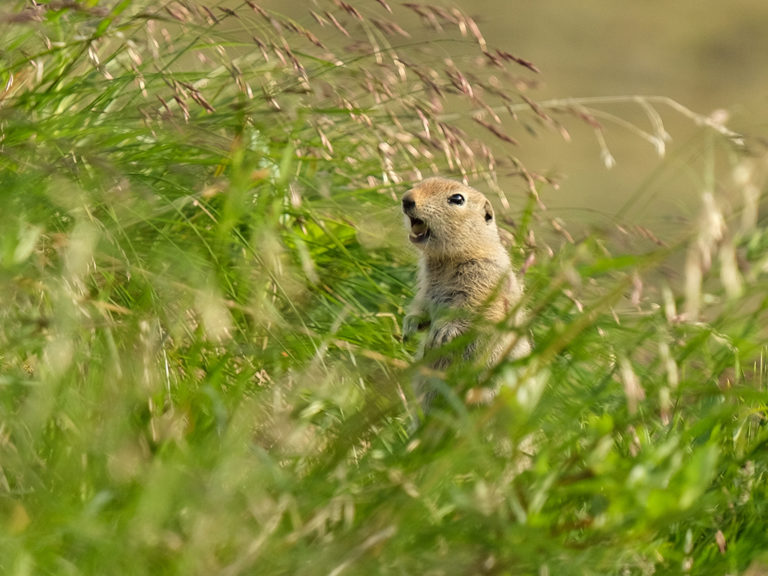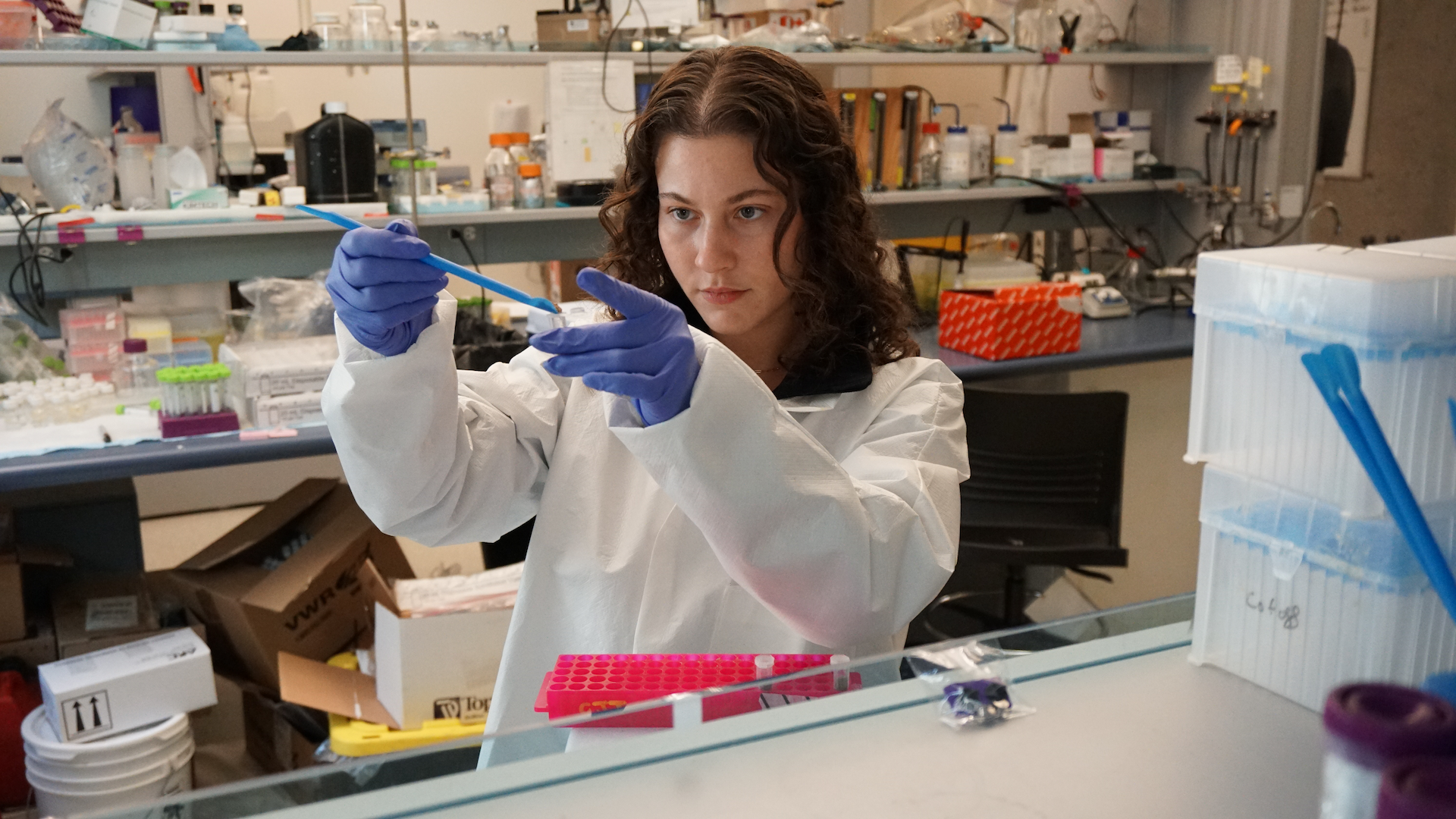-

Mega experiment shows species interact more towards tropics and lowlands
One of the largest field experiments ever conducted is providing the best evidence yet in support of a key Darwinian theory—that interactions between species are stronger toward the tropics and at lower elevations.
-

Convenience and control: Online sexually transmitted infection testing offers many benefits
Online sexually transmitted infection (STI) testing removes some of the barriers that prevent people from getting tested while still providing key information about health and wellness, according to users.
-

Spherical display brings virtual collaboration closer to reality
Virtual reality can often make a user feel isolated from the world, with only computer-generated characters for company. But researchers at the University of British Columbia and University of Saskatchewan think they may have found a way to encourage a more sociable virtual reality.
-

UBC seismic study points the way to disaster resilience on Vancouver campus
A team of UBC staff, leading earthquake faculty experts and engineering consultants has produced a study examining how to protect lives, research programs, infrastructure and assets on the university’s Vancouver campus in the event of a catastrophic earthquake.
-

Let’s talk about love, baby – and why we should define it
Carrie Jenkins, Canada Research Chair in philosophy and a member of UBC’s Language Sciences Initiative, says discussing the definitions of key words often used in love—including “love” itself—could help people empower their love lives and avoid heartbreak.
-

UBC research examines hormones that make us choose love over sex
Looking for love and looking for sex are two different things, even at the level of human evolutionary biology
-

Poll shows Metro Vancouver wants SkyTrain to UBC Vancouver campus
A new poll shows the vast majority of Metro Vancouver residents support extending the Millennium Line SkyTrain to UBC beyond Arbutus St.
-

Fish chemical cocktail reveals how a single gene may alter an aquatic ecosystem
Variations in a single gene in tiny stickleback fish alter how they interact with their environment and potentially trigger changes across an ecosystem, a new study from the University of British Columbia and the University of Pennsylvania finds.




